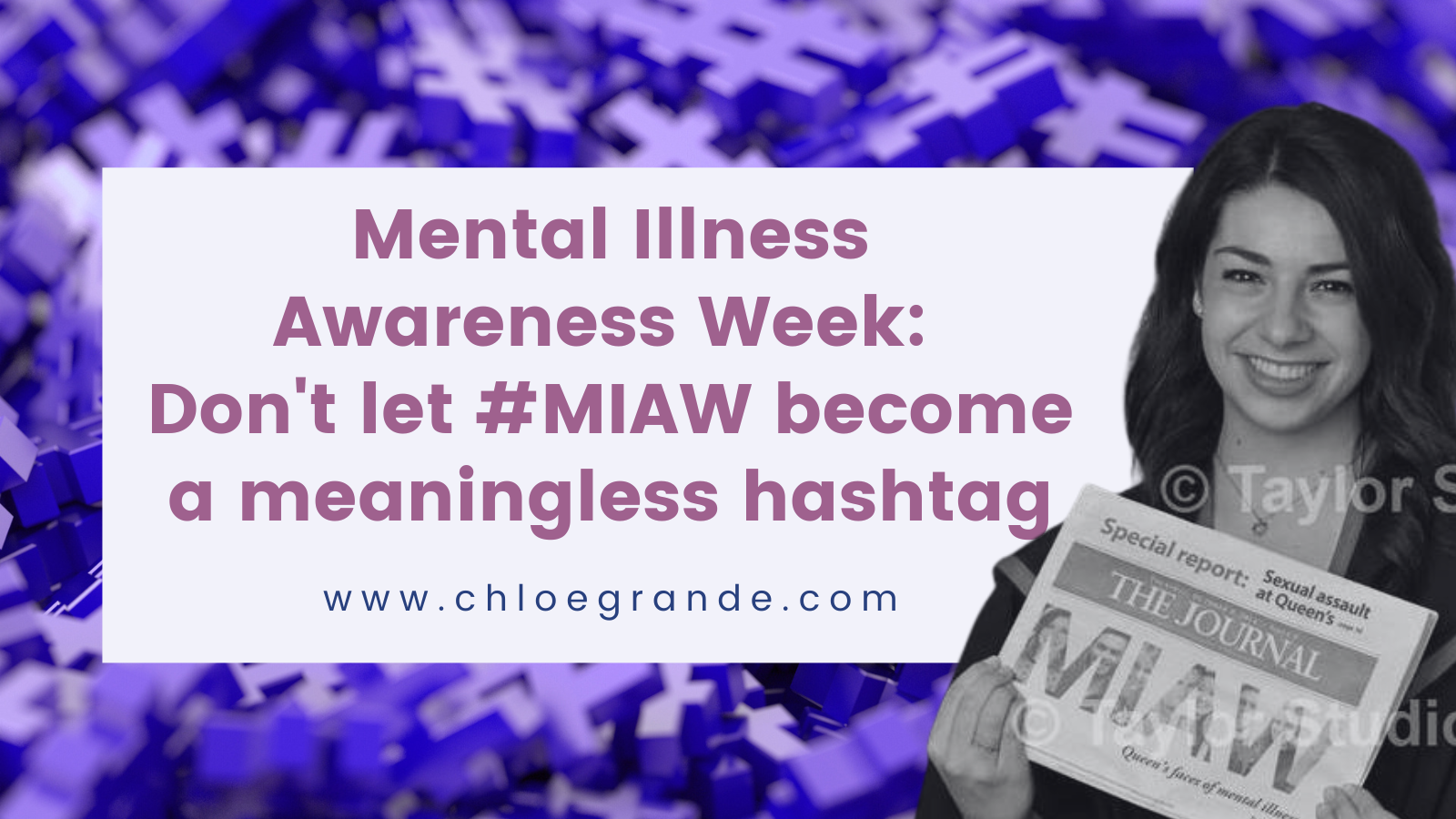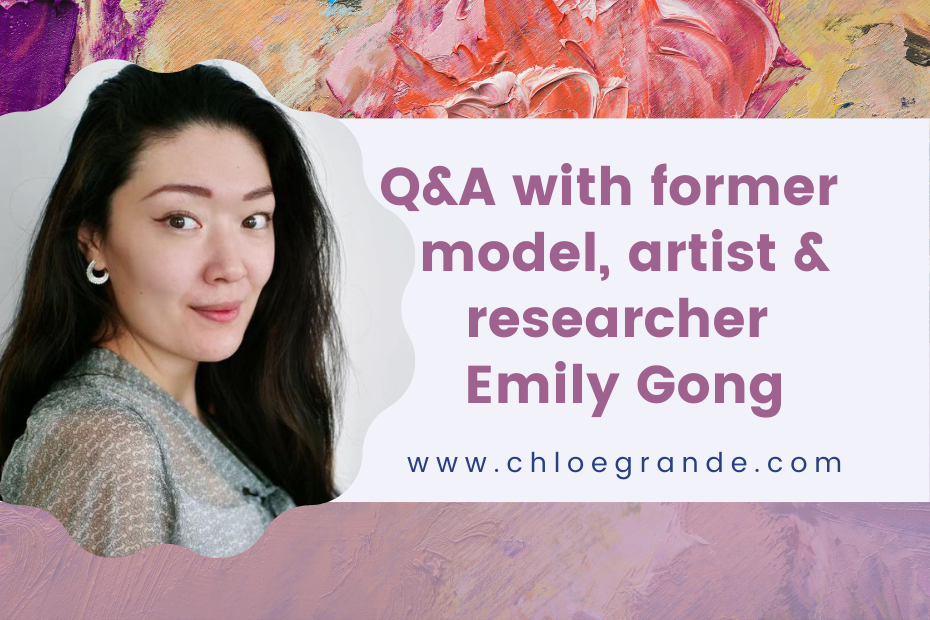Earlier this week, I attended the Canadian Mental Health Association’s virtual kick-off event for Mental Health Week, all about exploring empathy.
One of the special guests was Sophie Grégoire Trudeau, who is a former television host, vocal mental health activist and the wife of Prime Minister Justin Trudeau. I was most excited to hear her speak, knowing that she had struggled with bulimia in her late teens and early 20s.
Sophie did not disappoint. She has a very blunt, honest speaking style and spoke passionately about how her upbringing led to the development of her eating disorder. I can’t emphasize enough how validating it is to hear a public figure speak so openly about eating disorders — it takes back the power these illnesses hold over us when we can reframe the conversation.
The event touched on many aspects of mental health and empathy, like validation, vulnerability and how to truly understand what someone else is going through. It also made me think about the impact of empathy in my own lived experiences.
These were my key takeaways, and how they can be applied to eating disorders.
Listening to understand, instead of to fix
Sophie admitted she’s a sensitive person who really wants to help others (very relatable!). Us sensitive people want to solve problems and ease others’ pain. But sometimes the best thing we can do is listen deeply in silence. To keep myself from interjecting, I try to focus on non-verbal cues, like nodding and smiling.
Tip: Part of being a good listener is choosing not to judge. Individuals with eating disorders often feel a lot of shame and self-blame, so making comments like “Why don’t you just eat more?” or “I could never starve myself” can come across as judgemental and dismissive.
Instead, try asking open-ended questions, like “What makes you feel better?” or “What can I do to help?” They’ll be glad you asked! (Read more here on what not to say when someone discloses an ED).

Holding space for different perspectives
Another guest speaker was Kayla Breelove Carter, a clinical traumatologist. She had so many amazing nuggets of wisdom to share, especially on the connection between empathy and vulnerability.
One thing that resonated with me is the need to first feel safe in order to explore vulnerability. She reminded us to reflect on our privileges, as some may feel safer being their authentic selves than others. Kayla also brought up the importance of reflecting on your own capacity to create space for others. We can’t save or fix everyone, but we can hold space and relate over our common humanity.
Tip: If you’re a highly sensitive person like me, compassion burnout out is all too real. The CMAH website has a helpful article on how to prevent empathy and compassion fatigue. Personally, I like to remind myself that I’m not responsible for how other people feel. All we can control are our own actions.
Sharing to form deeper connections
The third speaker was Michael Landsberg, founder of #SickNotWeak, a charity that reframes mental illness as a health issue, rather than a character flaw. (His charity is also included in my 50 Instagram Accounts to Boost Mental Health guide!).
Michael painted a picture of his early memories with anxiety, describing it as an ever-present sense of doom. When he finally opened up to his brother, Michael discovered his brother was going through his own mental health challenges. This story was a reminder of the rewards that come with disclosure. Talking can be someone else’s medicine, he pointed out.
Tip: You never know what people are going through. Contrary to popular belief, eating disorders don’t have a look to them. Individuals of any age, background, upbringing and gender can have an eating disorder.
Part of the reason why I blog about eating disorder recovery is to reach a wide audience — I want the 60-year-old with binge eating disorder to know they’re just as deserving and worthy of treatment as the 15-year-old with anorexia.

The event’s host Nick Petrella, a professor and Mental First Aid instructor, brought up a very valid point: talking about mental health brings up uncomfortable feelings. It’s so true. Even writing about my mental health can be challenging, because I linger over every word in fear of being judged or misunderstood.
So how can we show more empathy to people with eating disorders? It starts with listening to their story, understanding where they’re coming from and educating yourself as much as possible. And above all, simply ask what they need from you.
The more we practice empathy, the easier it comes to us: “I hear you, I see you and I acknowledge what you’re going through.” As isolating as your mental illness may make you feel, you’re never alone.
You can learn more about CMHA’s Mental Health week by visiting their website.




Longterm, I can vouch for the effectiveness of each of these individual techniques – the important factor for me was to realize that I couldn’t learn all of them all at once…pick the one that feels most a part of you as a starter and practice whenever you can. As you integrate that one behaviour fairly consistently, then, move on to the next technique, using the same parameters mentioned above.
That’s a really great suggestion! Implementing all these tips at once may be a bit much. It’s always important to go at your own pace, especially when we’re talking about mental health and eating disorders.